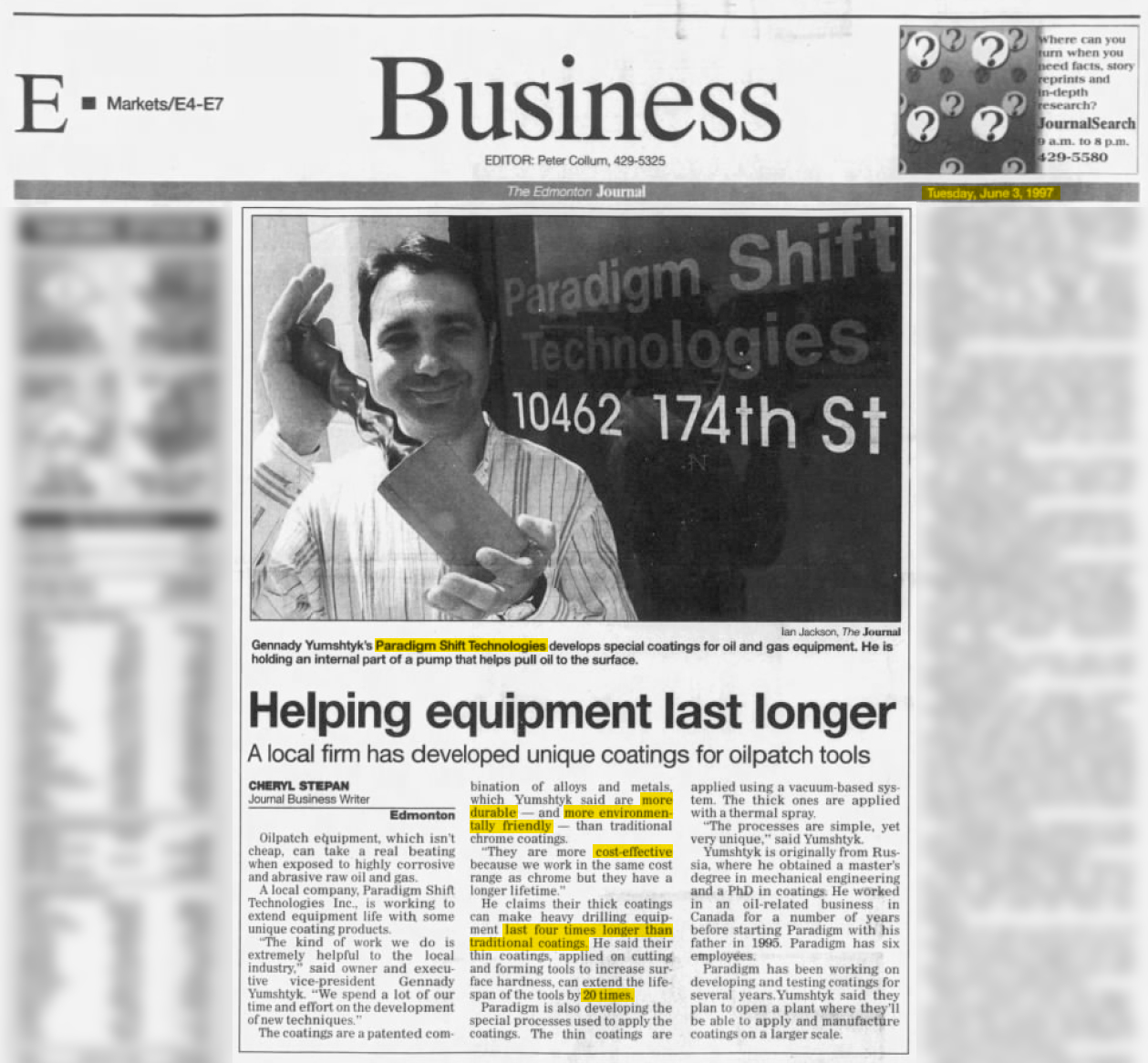Our Technology
The EPVD® process improves components, making them less susceptible to wear and more tolerant to heat and corrosion. This technology has been awarded numerous US and International Patents and is sustained by unique know-how established over a period of over 30 years. EPVD® is the world’s only industrial technology that replaces galvanic Chrome, and efficiently protects internal surfaces of cylindrical components with proprietary alloys. This environmentally benign technology improves performance, longevity and precision of parts. It allows utilization of a hotter and more energetic operating environment – an obstacle that Cr plating will never be able to conquer. The EPVD® process is suitable for bore diameters ranging from 1/4 inch to 20 inches at lengths of up to 40 feet.
The EPVD deposits any desired materials, including alloys and multi-layered/multi-compositional recipes. Application rates with EPVD® are substantially accelerated, reaching speeds unachieved by any other vacuum-based technology in the world. Most importantly, the EPVD® process is environmentally friendly.

